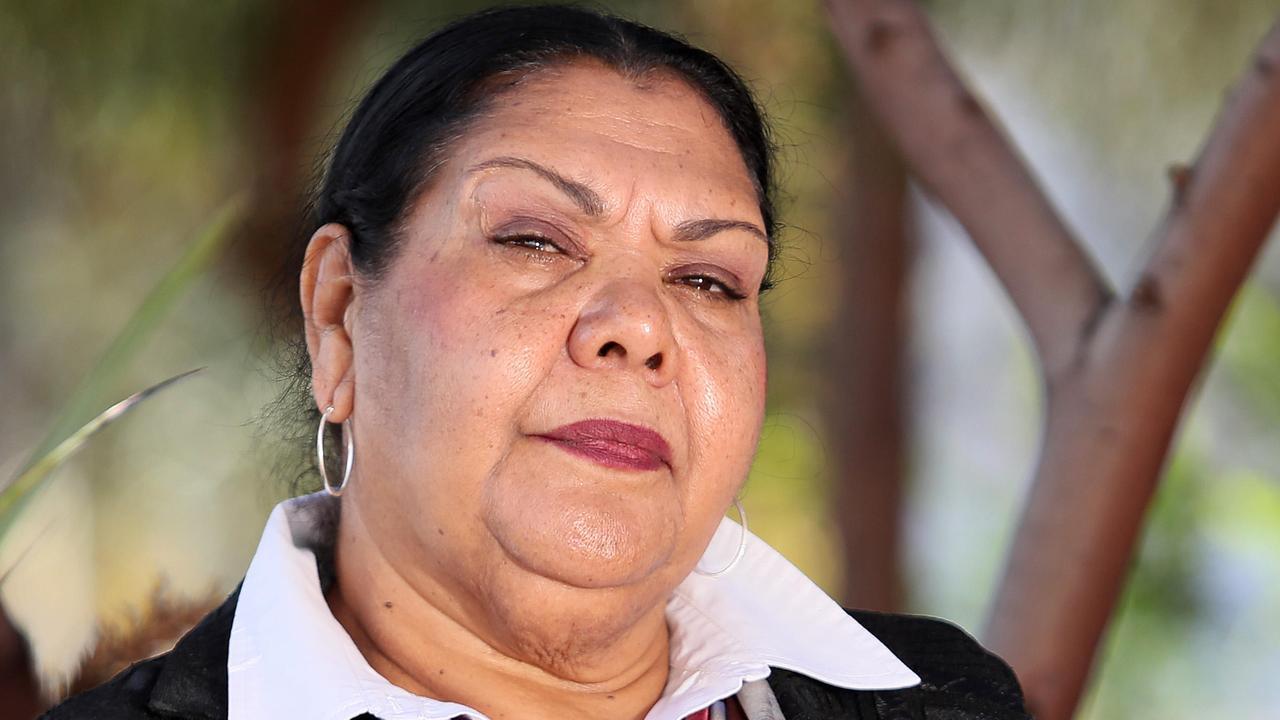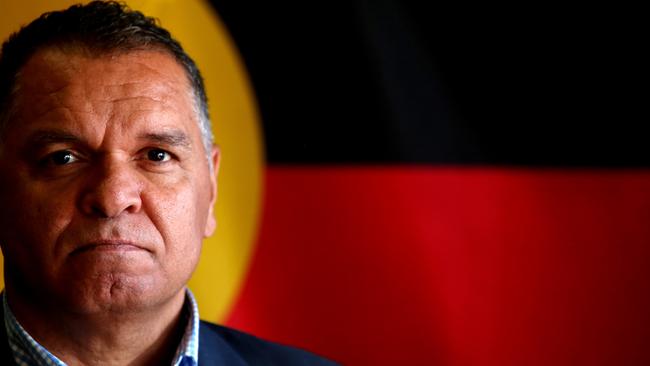Aboriginal leaders step forward on path to recognition
Aboriginal leaders, former politicians, lawyers and business experts will advise on indigenous recognition.

Aboriginal leaders, former politicians, lawyers, businessmen and women and even a former High Court chief justice will form a cross-party referendum council to advise political leaders on progress towards constitutional recognition of indigenous Australians.
In what is Malcolm Turnbull’s first major announcement on indigenous affairs, the Prime Minister and Bill Shorten will reveal the 16-member council today, five months after former prime minister Tony Abbott first flagged the advisory group.
Aboriginal leader Patrick Dodson and lawyer Mark Leibler, who were co-chairs of the expert panel on constitutional recognition, will be named as co-chairs of the council.
A further eight women and six men will be announced as members.
They are Lowitja Institute chairwoman Pat Anderson, chair of the UN’s permanent forum on indigenous issues Megan Davis, former AFL chief executive Andrew Demetriou, the country’s 11th High Court chief justice Murray Gleeson, businesswoman Jane McAloon and the chief executive partner of Allens law firm Michael Rose.
Indigenous leaders Mick Gooda, Tanya Hosch, Noel Pearson, Galarrwuy Yunupingu and Dalassa Yorkston, as well as former politicians Kristina Keneally, Natasha Stott Despoja and Amanda Vanstone, will also be members.
The council will oversee a series of about 40 public forums, announced by Mr Abbott in July, to discuss a possible question to be put to voters in all states and territories in 2017.
The first of the indigenous meetings on constitutional recognition were due to start in September but stalled following the change of prime minister, as the government and Labor negotiated on who would form the new council. Members will advise Mr Turnbull and the Opposition Leader on developments and the next steps towards a “successful referendum” and build on the work of both the expert panel and parliamentary committee on constitutional recognition.
After months of pressuring the government to finalise the membership of the referendum council, Mr Shorten hailed today’s announcement as “the next step in this hugely significant process” and pledged to continue working with Mr Turnbull on constitutional recognition.
“Constitutional recognition for Aboriginal and Torres Strait Islander peoples is an overdue act of justice and I will do everything I can to make it a reality. This is a wrong that must be made right,” Mr Shorten said.
“We need change that goes beyond symbolism or poetry. Recognition can’t just be a nod to good intentions, it needs to be meaningful.
“Above all, it must be shaped by the empowered voices of the First Australians.”
Mr Turnbull has expressed support for constitutional recognition, advocating a need to recognise “the original inhabitants of this country” and remove section 25, which says states can ban people from voting based on their race.




To join the conversation, please log in. Don't have an account? Register
Join the conversation, you are commenting as Logout